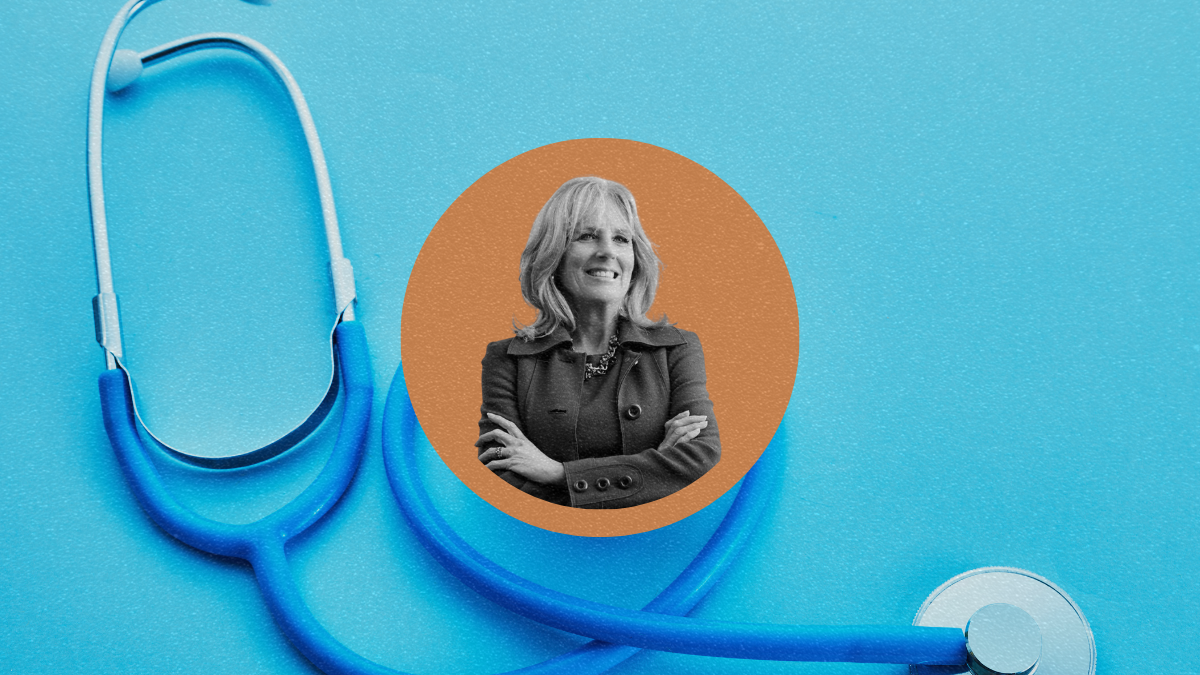Last month, President Joe Biden signed a new executive order that expands investments towards women’s health research. The Biden Administration’s order pledges funding for better understanding of issues such as sexual, reproductive conditions, and taking steps to erase gender gaps in research.
According to The Associated Press, women’s health has long been underfunded and understudied, with scientific study based mostly on men. The 1990s marked the first time that the federal government mandated women be included in federally funded medical research.
“I’m going to make sure women’s health is prioritized across the government,” President Biden stated during the executive order announcement.
The National Institutes of Health is also launching a new effort around menopause and the treatment of menopausal symptoms that will identify research gaps and work to close them, according to The White House.
“Together we can create a new future for healthcare,” President Biden stated during a visit to Durham last month. “A future where women leave doctors’ offices with more answers than questions. Where no women or girl has to hear that ‘Oh it’s all in your head,’ or ‘It’s just stress.’ Where women aren’t just an afterthought in a world designed for men, but the first thought in a world designed for everyone”.
For North Carolina, the Biden Administration has recognized the Research Triangle Park as a potential leader in women’s health research.
“You have created one of the most powerful research development ecosystems,” First lady Jill Biden stated in Durham.
For medical health experts like Genevieve Neal-Perry, chair of the department of obstetrics and gynecology at UNC Chapel Hill, the Triangle offers a lot in this sector of research and innovation.
“North Carolina is uniquely poised because of the diversity of the population,” stated Neal-Perry. “Both from the perspective of race and ethnicity, but also from the perspective of socioeconomic status. And all of these things can have an impact on menopausal transition and the menopausal experience.”





